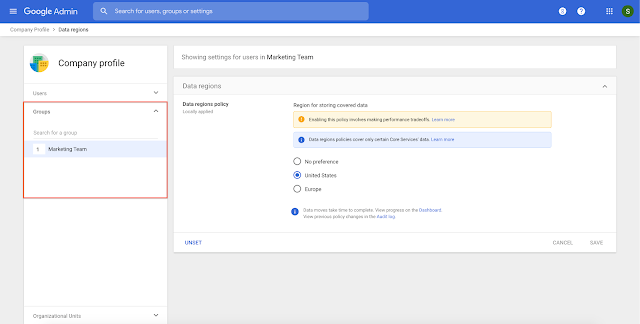Posted by Rio Akasaka, Product Manager, Google Drive and Wesley Chun (@wescpy), Developer Advocate, G SuiteIf you’re a G Suite admin (or a developer creating apps for admins), it’s important to understand the various applications your company’s employees are using and how they’re accessing them. Today, we’re making that easier by introducing app identification (i.e.
originating_app_id) in the Google Drive audit logs within the Admin SDK
Reports API.
Now, your apps will be able to determine whether an activity logged was performed by a user in the Drive Android app, Drive iOS app, Google Chrome, or through a variety of other third-party apps that leverage, modify or create files within Google Drive, like Smartsheet or Asana. This will give you a better sense of the apps being used in your organization, as well as the extent and context of that usage.
Note that App IDs that show up in the logs will be numeric. Should you want to retrieve app names, a separate request using the
Google Drive REST API is needed. If you already retrieve information through the
Drive activity request, you should start seeing the
originating_app_ids show up in your logs. Here are a pair of HTTP requests you can use to query this information:
GET
https://www.googleapis.com/admin/reports/v1/activity/users/userKey
Or
GET
https://www.googleapis.com/admin/reports/v1/activity/users/all/applications/drive
To learn more about this new feature, take a look at the
documentation, then integrate into your code so you and other G Suite admins can gain a better understanding of app usage in your domain(s). We look forward to seeing what you build!


